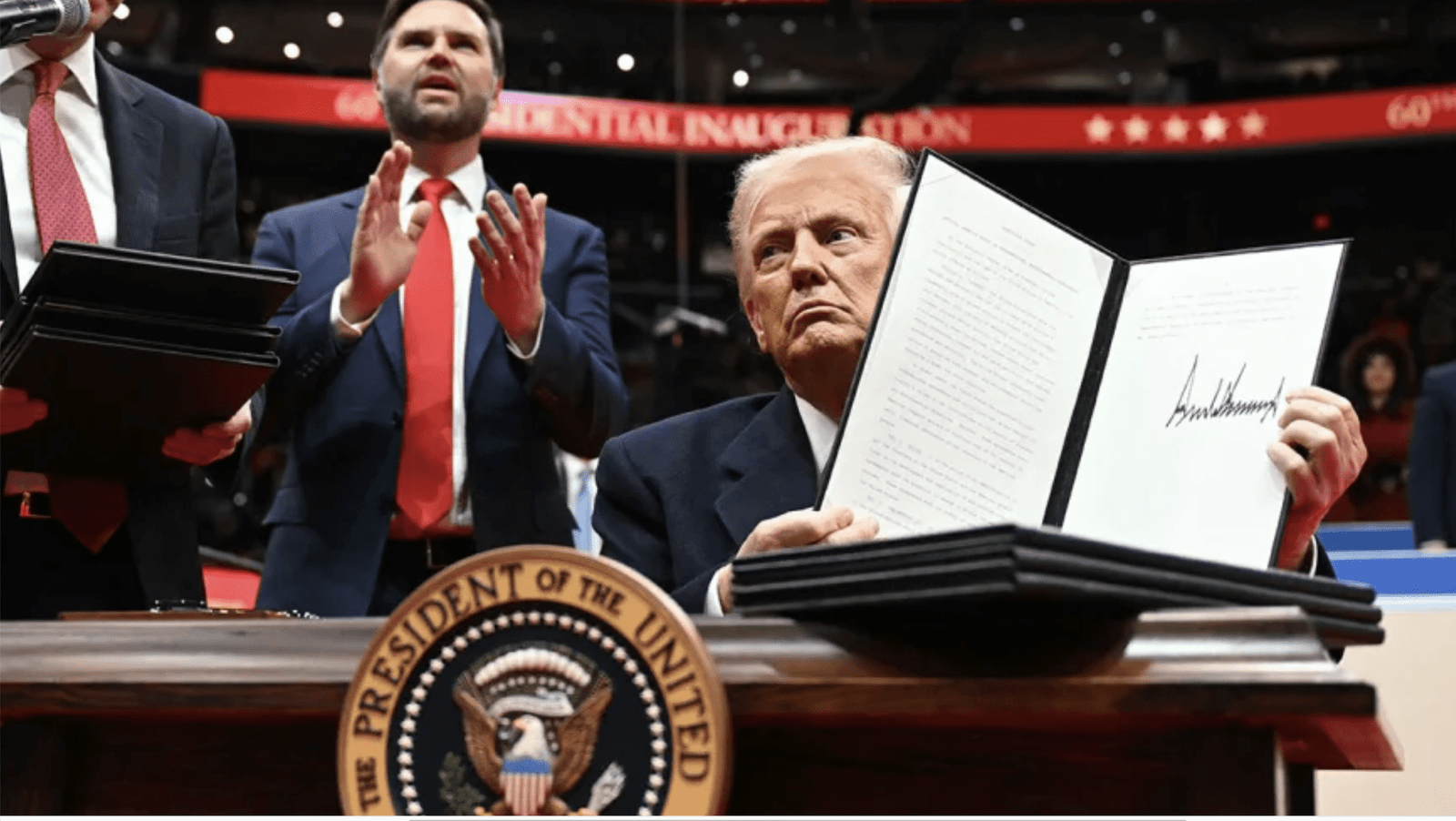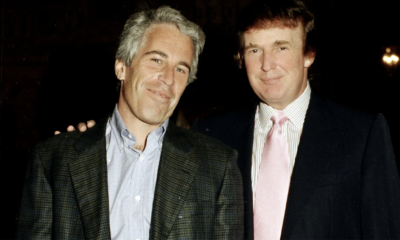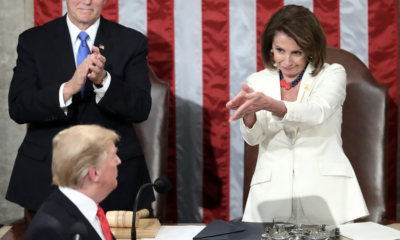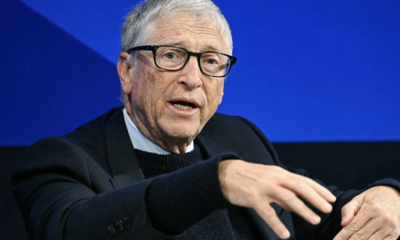Climate Change
Trump Pulls U.S. Out of Paris Agreement Again, Reigniting Climate Concerns
On the first day of his second term, President Donald Trump signed an executive action to withdraw the United States from the Paris Agreement, a landmark international treaty addressing climate change. The decision marks a return to Trump’s staunch scepticism of global climate initiatives and has sparked sharp criticism from environmental advocates and global leaders.
What Is the Paris Agreement?
Adopted in 2015 by nearly 200 nations, the Paris Agreement aims to limit global warming to well below 2 degrees Celsius, with a stretch goal of 1.5 degrees, compared to pre-industrial levels. The treaty requires countries to set their own climate pollution reduction targets, though it remains non-binding under international law.
The agreement’s adoption was a historic moment for global climate diplomacy, but its goals have become more urgent. By 2024, global warming reached the 1.5 degrees Celsius threshold, a level scientists warned would result in severe impacts on ecosystems and human society. Despite its ambition, the agreement does not prescribe specific methods for achieving reductions, leaving nations to chart their own paths.

DONALD TRUMP IN PARIS. The cartoon from Le Monde dated July 14.
Trump’s Climate Stance
Trump first announced his intention to leave the Paris Agreement in 2017, formalizing the withdrawal in November 2020. President Joe Biden reversed this decision upon taking office in 2021, re-entering the U.S. into the agreement and establishing aggressive pollution reduction targets.
However, Trump’s return to office in 2025 has ushered in a repeat of his previous withdrawal. Trump’s administration claims the treaty undermines American sovereignty and economic competitiveness, particularly in the fossil fuel sector. On his first day back in office, Trump declared an energy emergency and vowed to ramp up domestic oil and gas production, positioning it as a path to economic recovery and energy independence.
Global and Domestic Reactions
Environmental groups and international officials have widely condemned Trump’s decision. Simon Stiell, the United Nations Climate Change Executive Secretary, stated, “The door remains open to the Paris Agreement,” while emphasizing that nations ignoring clean energy trends risk economic stagnation.
Domestically, climate advocates argue that Trump’s withdrawal undermines progress made under the Biden administration. The ambitious target Biden proposed in 2024—to cut climate pollution by 66% below 2005 levels by 2035—now appears increasingly unattainable under Trump’s policies.
Kate Larsen, a leading climate policy expert, warned, “This withdrawal jeopardizes the U.S.’s credibility in international climate negotiations and hinders global efforts to combat climate change.”
Economic and Environmental Implications
Critics of Trump’s decision highlight its potential long-term economic consequences. The global clean energy sector, valued at $2 trillion in 2024, represents a growing market many nations are embracing. By doubling on fossil fuels, experts warn that the U.S. risks falling behind in innovation and losing economic opportunities to competitors like China and the European Union.
Moreover, ignoring climate change could exacerbate the rising costs of climate-related disasters, including wildfires, hurricanes, and droughts, which have already strained federal and state budgets.
What happens now?
Trump’s withdrawal from the Paris Agreement is part of a broader strategy to distance the U.S. from global climate initiatives. The Heritage Foundation’s “Project 2025” has even suggested that the U.S. entirely exit the overarching United Nations treaty governing the Paris Agreement, which would drastically reshape international climate diplomacy.
While the U.S. withdrawal is a setback for global climate efforts, experts emphasize that progress can still be made without American leadership. Renewable energy adoption continues to grow worldwide, driven by market forces and technological advances.
As climate disasters intensify and public demand for action rises, the question remains whether the U.S. will rejoin the global fight against climate change in the years ahead—or continue on its current path. For now, Trump’s decision underscores the challenges of sustaining long-term environmental policies in a polarized political landscape.










































